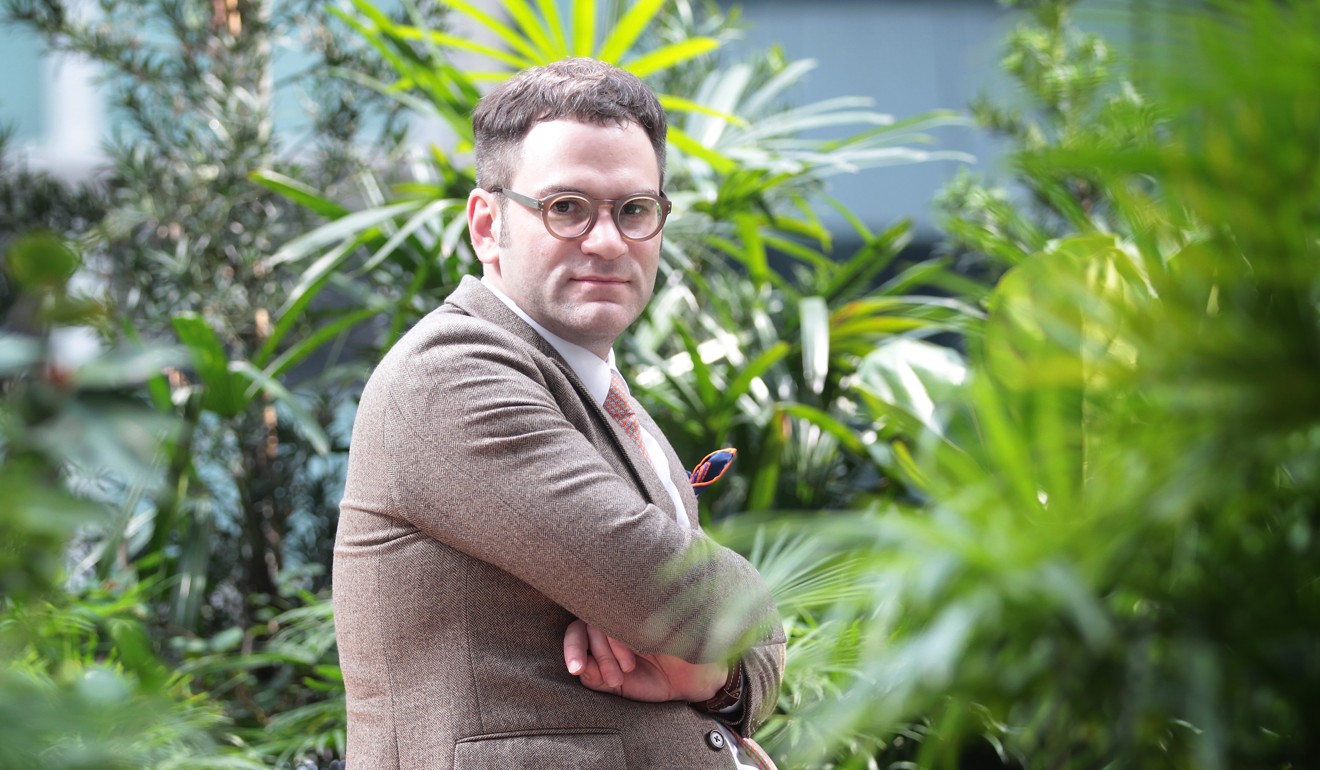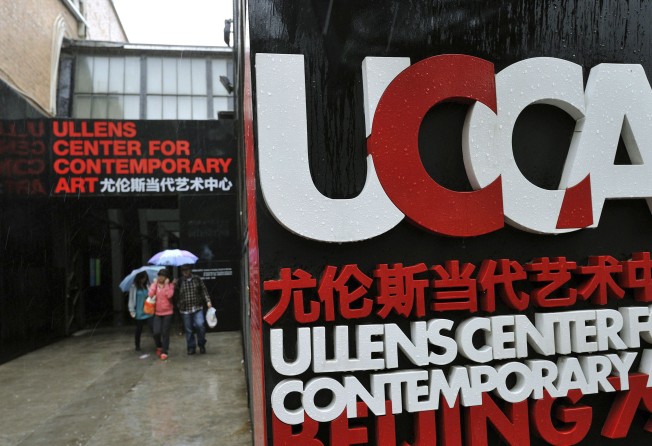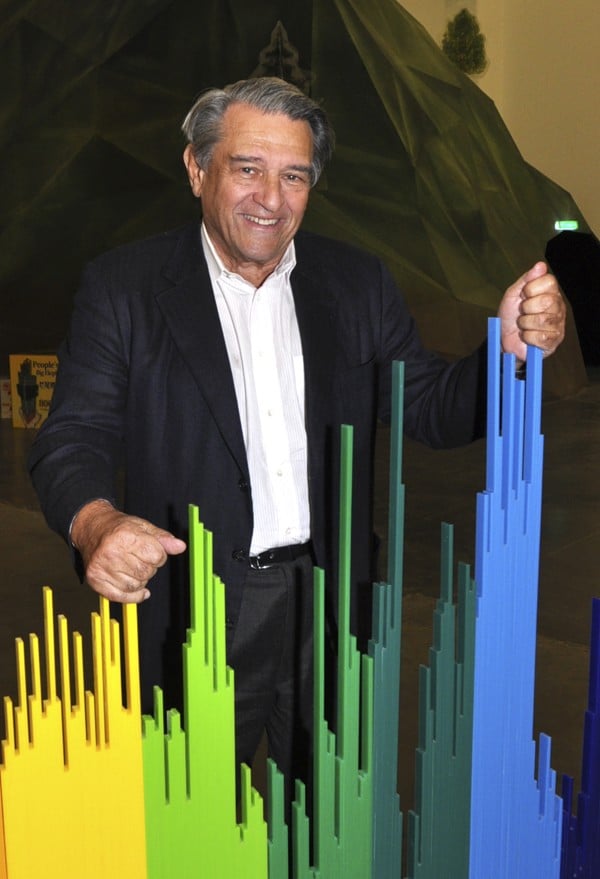
Beijing contemporary art space UCCA sold to Chinese investment group, securing future of 798 Art District landmark
Deal for Ullens Centre for Contemporary Art ends year of uncertainty, and director is hopeful its new status as a foundation will help it raise funds, improve its exhibitions and attract more visitors

Beijing’s Ullens Centre For Contemporary Art has been sold for an undisclosed amount to a group of mainland Chinese investors, securing its future for now after a nail-biting year since the Belgian art collector Guy Ullens put it on the market.
Current director Philip Tinari will stay on at the 798 Art District landmark and run its art programme under a non-profit, tax-exempt foundation, a structure that should make it easier for the centre to find donors and give it more independence from the owners.
“The old model had worked under Mr Ullens’ generosity but he had set it up in 2007 as a private company. Now that the public-facing activities are run by a charity, we will be able to raise funds more easily and hopefully improve the production quality of our exhibitions and the size of the audience,” Tinari said by phone from New York, where he was a guest curator of Art and China after 1989: Theater of the World, a major exhibition of Chinese contemporary art at the Guggenheim Museum.

An education business called Future Edutainment and Jason Jiang, a Chinese billionaire who founded advertising display company Focus Media, are among the investors.
Ullens’ decision to sell the centre prompted a great deal of discussion about the long-term sustainability of China’s private museums and Kunsthalle-type art centres like the UCCA, which does not have its own collection.
According to a 2016 report on private contemporary art museums published by Larry’s List and Art Market Monitor of Artron, nearly all of the 26 such institutions in China were controlled by individual founders rather than a foundation. The UCCA’s new structure now resembles the model adopted by most mature, international private museums.
The sale of UCCA was also a test of how an art space with no art and real estate could be valued. It rents the building it is in from the Sevenstar Group, owner of the 798 Art District.

Tinari said UCCA Group, the centre’s holding company, had secured a “long-term commitment” from Sevenstar Group regarding the centre’s presence in the district. The owners may also make a profit from businesses operated under the UCCA brand run separately from the charitable foundation.
These include retailing and children’s art education launched a few years ago to help the centre become more financially independent. Towards the end of its relationship with Ullens, the centre was self-funding around 80 per cent of the 40 million yuan (US$6 million) it needs for its annual operational budget.
Our mission continues to be a desire to put Chinese art in a global context, to provoke and stimulate a discussion about a vital part of art history
Those activities will still help support the non-profit activities because the owners will pay royalties to the charity, according to Tinari.
The make-up of the board of directors at the foundation, currently registered in Hong Kong, has yet to be confirmed. Tinari said the choice of Hong Kong was for the sake of expediency, as UCCA was still waiting for approval to register in Beijing.
“Our mission continues to be a desire to put Chinese art in a global context, to provoke and stimulate a discussion about a vital part of art history,” Tinari said.
The centre will soon undergo major renovations and reopen under the same name with a major solo exhibition by Xu Bing in the summer of 2018.
The UCCA is visited by about a million people each year, and noteworthy exhibitions in recent years have included “On/Off: China’s Young Artists in Concept and Practice” (2013) and major retrospectives on Robert Rauschenberg (2016), David Diao (2015) and Zeng Fanzhi (2016). It will hold a 10th anniversary gala in November, when works donated by major Chinese artists will be put up for auction.
Editor’s note: this story was amended on October 10 to remove a reference to Jerry Mao, a partner at Shanghai-based private equity firm Lunar Capital, being one of the investors in UCCA.